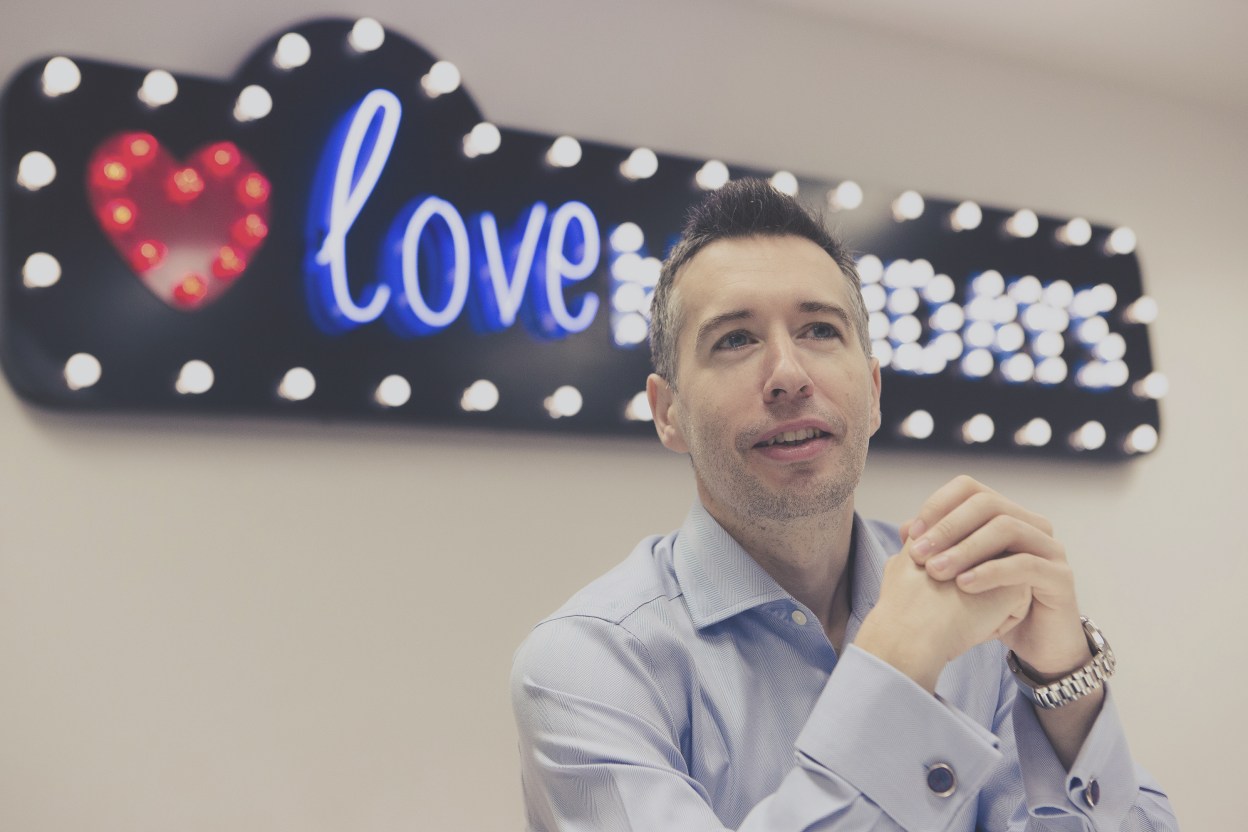Today’s businesses operate in a world where traditional, rigid structures are being replaced by fluid, rapidly changing models. Individuals who inspire new ways of thinking will power the businesses that succeed as they embrace this new dynamic environment.
Smart CIOs are stepping up to the challenge. They are the catalysts for change, harnessing the transformative power of technology to change the way a business operates. VMware’s Agents of Change initiative shines a spotlight on these important contributors.
Read the first article in our Agents of Change series, Danny Dagher, CIO at Bank Audi, and the second, Per Brantsing Karlsson, CIO at Akademiska Hus. Here’s the next in the series: Mark Ridley, CIO at Reed.co.uk.
Mark Ridley has a reputation as someone not afraid to make unconventional decisions. He’s the CIO at reed.co.uk, the largest job site in the UK, and Reed’s executive board were used to his unusual proposals. But a few years ago, Ridley took them by surprise when he suggested the company get rid of its IT department.
Hear from Ridley in the video below, then read on to learn more about reed.co.uk's challenges and rewards, and Ridley's three tips for inspiring change.
[embed]https://youtu.be/W7zLb7LgYRA[/embed]
Take It to the Cloud
Instead of relying on the corporate IT systems provided by its parent company, Reed Global, Ridley wanted to move all of reed.co.uk's IT systems and services into the cloud. All groups—HR, finance, CRM systems, etc.—would be able to safely and easily run their businesses through a web browser on a mobile device.
The anticipated reward for this cloud-powered approach would be huge gains in flexibility and efficiency, and a very mobile workforce. Ridley soon got the executive agreement he needed to move ahead with this significant programme. Step by step they moved the various systems into the cloud, and the responsibility for managing them was shifted to the specific teams that used them. Almost immediately, new services were delivered to employees.
“I have focused a lot of my time in making change part of the culture at reed.co.uk. Over time, agile organisations like ours develop a resistance to the stress of change by practicing it regularly. But that’s not to say this initiative was without challenges,” Ridley said.
Truly embracing change requires a culture where failure is both accepted and encouraged.
Security in Experience
Security is a classic concern for companies embarking on cloud projects, and it was no different for reed.co.uk. Ridley explained, “Alongside the excitement, many people were apprehensive. We knew that with cloud computing, we needed a new architecture for security—from employee devices right through to the datacenter. It has to protect data, applications, and people. In the absence of an in-house security team, this is an area where working with experts like VMware became invaluable.”
A Cultural Approach
Ridley anticipated one challenge would be getting employees to quickly switch over to the new technologies and embrace new ways of working. “It actually turned out to be one of the easiest parts! We have a young workforce—average age 27—so our mobile-first approach is their preferred way of working.”
Reflecting on this IT initiative, Ridley sees it primarily as a story about people. “Truly embracing change requires a culture where failure is both accepted and encouraged. It should be seen as part of a commitment to creativity and experimentation. The reed.co.uk journey completely altered our IT infrastructure and the entire business. We needed the commitment of our employees to make the in-the-cloud approach a success.”
3 Tips to Inspire Change
Ridley offers a few suggestions to other CIOs who want to inspire change:
- Communicate. From the executive board to the sales team, you need to convince your people and keep them with you on your journey.
- Make change part of your culture. Employees need to understand that change is a positive state; becoming set in your ways is not. At reed.co.uk, we listen to our employees because often the best ideas start with them.
- Develop people. Continually develop your team, helping them to learn new skills and acquire more knowledge.

